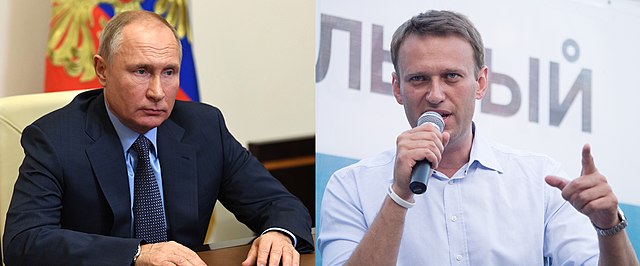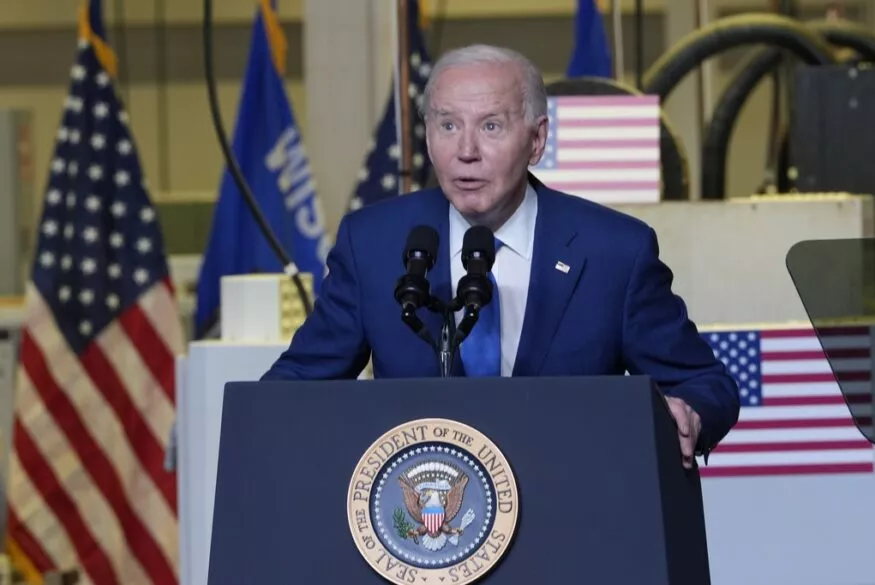In a shocking turn of events that has gripped international attention, Alexei Navalny, the prominent Russian opposition leader, has been pronounced dead while incarcerated, as announced by the country’s prison authorities. The death of the 47-year-old, renowned for being one of the Kremlin’s most outspoken adversaries, occurred in a correctional facility situated roughly 40 miles north of the Arctic Circle where he was serving a 19-year sentence under rigorous conditions. Navalny’s death is poised to stir widespread speculation about its political motivations, with many likely to point fingers at Vladimir Putin.
Navalny’s health had visibly deteriorated, as seen in a video released from the prison in January, showing him in a weakened state with his head shaved. Despite this grave development, the Kremlin has publicly stated that it possesses no information regarding the circumstances leading to Navalny’s death. His disappearance in early December from another facility in the Vladimir region had previously raised alarms. There, Navalny was serving a 30-year term for charges of extremism and fraud, which he vehemently denounced as politically motivated retaliation by the authorities against his anti-Kremlin activism.
Before his imprisonment, Navalny was a formidable figure in Russian politics, leveraging his platform to expose electoral fraud and governmental corruption. His investigations into Putin’s close associates and the dissemination of these findings through viral videos marked significant milestones in his campaign against the Kremlin’s practices. Notably, his participation in the Moscow mayoral race of 2013, where he secured 27% of the vote, underscored his influence in Russian political circles, despite widespread skepticism regarding the election’s integrity.
Throughout his career, Navalny unflinchingly challenged the Russian elite, unveiling instances of opulence and misconduct among high-ranking officials, including a luxury palace purportedly owned by Putin and lavish assets tied to former president Dmitry Medvedev. His endeavors to hold powerful figures accountable earned him notoriety as well as a considerable following both within Russia and internationally.
Navalny’s confrontation with the Russian state took a perilous turn in 2020 when he was hospitalized in a coma following a suspected poisoning attack by the FSB security service, deploying the lethal nerve agent Novichok. After recuperating in Germany, Navalny’s return to Russia in January 2021 led to his immediate arrest and subsequent sentencing to multiple prison terms, cumulatively exceeding 30 years.
In a broader context, this development unfolds as Putin prepares for another presidential bid, aiming for a fifth term that would further extend his tenure as Russia’s longest-serving leader since Joseph Stalin. This ambition is made possible by recent constitutional amendments, allowing Putin to potentially remain in power well beyond 2030, marking an unprecedented era in Russia

















